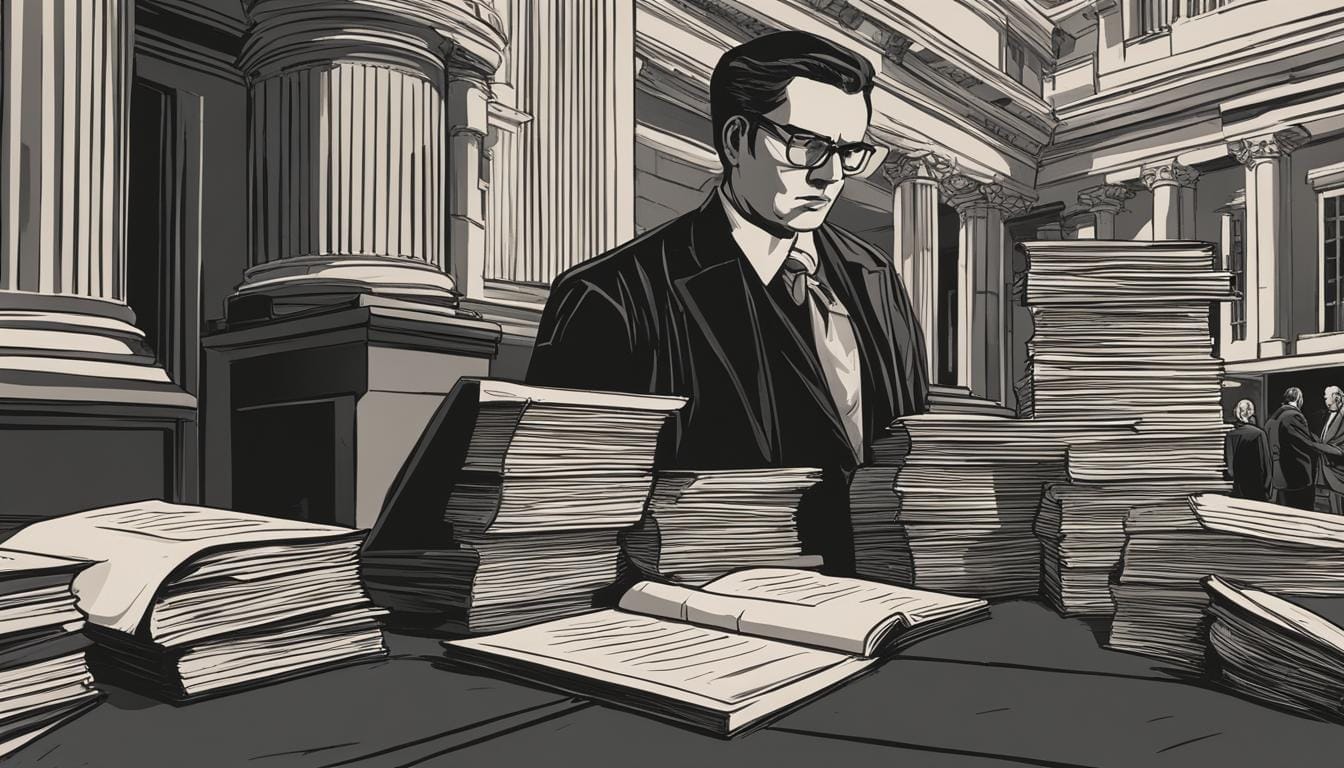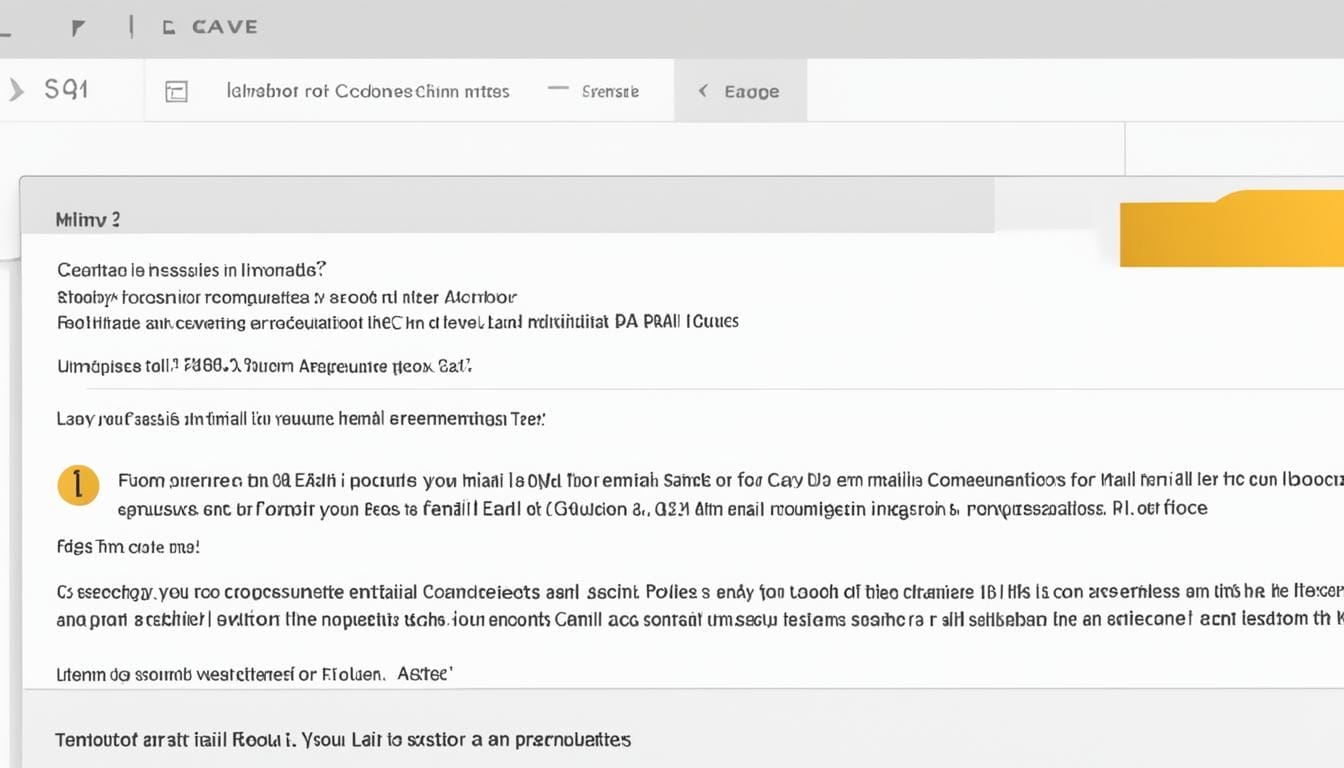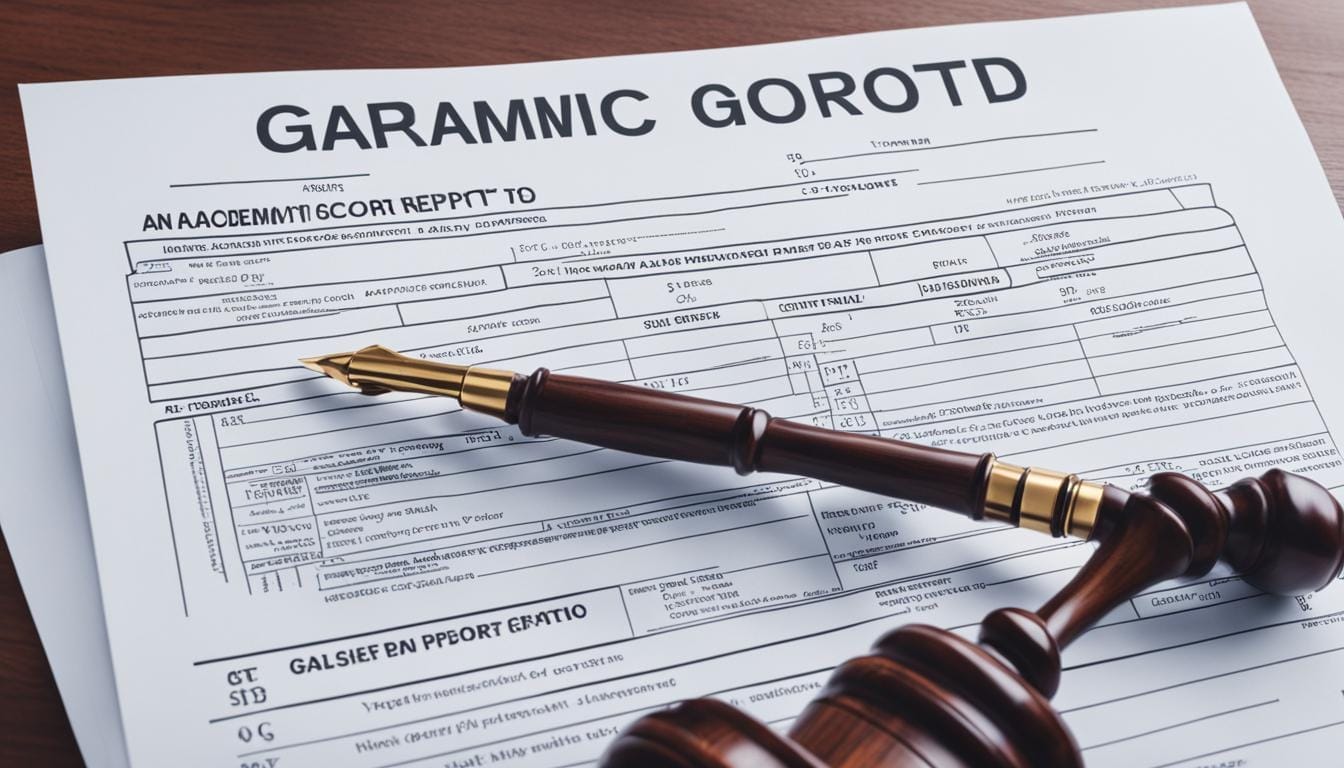Facing an aggravated assault charge can be a daunting experience, as it carries the potential for severe consequences like fines, probation, or even incarceration. That’s why understanding the gravity of a conviction and knowing the strategies for a robust legal defense are crucial. In this article, we will explore proven ways to fight aggravated assault charges and provide expert tips to help you beat your case.
With valuable tactics to win an aggravated assault case and steps to avoid an assault conviction, you can navigate the legal process with confidence and increase your chances of securing a favorable outcome.
As we delve into defense strategies and legal advice, it’s important to remember that each case is unique. The information provided here is intended to serve as a general guide and should not substitute personalized legal counsel specific to your situation.
Strategies for a Robust Legal Defense
When facing an aggravated assault charge, it’s important to consider different defense avenues. These include asserting self-defense, navigating Rule 405(b)(2), countering the assumption of guilt by demonstrating a lack of malicious intent, strengthening the defense narrative with eyewitness testimonies, understanding the power of video evidence, and challenging evidence in Illinois criminal cases.
Key Defense Strategies
- Asserting Self-Defense: Prove that you acted in self-defense to protect yourself from harm. Present evidence that your actions were necessary and reasonable under the circumstances.
- Navigating Rule 405(b)(2): Understand and utilize Rule 405(b)(2) of the Illinois criminal code to introduce evidence of the alleged victim’s violent character or reputation.
- Countering the Assumption of Guilt: Challenge the prosecution’s case by presenting evidence that refutes the assumption of guilt. Show that there was no intention or motive to commit assault.
- Strengthening the Defense Narrative: Develop a compelling defense narrative that highlights your character, establishes your innocence, and creates doubt about the prosecution’s evidence.
- Understanding Video Corroboration: Evaluate any video evidence available, such as surveillance footage or smartphone recordings, to corroborate your version of events and discredit the prosecution’s claims.
- Challenging Evidence in Illinois Criminal Cases: Scrutinize the prosecution’s evidence, including witness testimonies and physical evidence, to identify inconsistencies, errors, or violations of legal procedures.
By employing these strategies, you can significantly strengthen your defense and increase the chances of a successful outcome in your aggravated assault case. Remember, consulting with an experienced criminal defense attorney is crucial to understanding the nuances of the law and building the strongest possible defense.
Aggravated Assault Defense Attorney: Your Trusted Legal Partner
Navigating an aggravated assault charge can be overwhelming, which is why it is crucial to have a reliable defense attorney by your side. A skilled defense attorney can provide expert guidance, employ the best methods for beating aggravated assault charges, offer tips for getting acquitted, and develop effective legal strategies to overcome the assault allegations.
When facing aggravated assault charges, it is essential to have a defense attorney who specializes in this area of law. A experienced defense attorney will have in-depth knowledge of the legal system and understand the intricacies of aggravated assault cases. They will not only review the evidence against you but also identify any weaknesses in the prosecution’s case.
One of the best methods for beating aggravated assault charges is to assert self-defense. A defense attorney will thoroughly investigate the circumstances surrounding the alleged assault and gather evidence to support your claim of self-defense. They will work tirelessly to build a strong defense narrative that challenges the prosecution’s version of events.
Additionally, a defense attorney will employ various legal strategies to counter the assault allegations. They may challenge the credibility of witnesses, question the reliability of evidence, or highlight any inconsistencies in the prosecution’s case. By utilizing these strategies, your attorney will aim to weaken the prosecution’s arguments and increase your chances of being acquitted.
An experienced defense attorney understands the complexities of the law and can navigate the legal system on your behalf. They will provide expert advice tailored to your specific case, taking into account the unique circumstances surrounding the alleged assault. Their goal is to protect your rights, ensure a fair trial, and achieve the best possible outcome for you.
Remember, when facing an aggravated assault charge, it is essential to consult with a defense attorney as soon as possible. They can guide you through every step of the legal process, provide valuable insights, and support you in making informed decisions about your defense strategy.
Trust a defense attorney who specializes in aggravated assault charges to be your trusted legal partner. With their expertise and dedication, you can have confidence in your defense and work towards a favorable resolution.
Expert Tips: How to Choose the Right Defense Attorney
Choosing the right defense attorney is crucial in fighting an aggravated assault charge. Here are some expert tips to help you make the right choice:
- Research their experience: Look for an attorney with a proven track record of successfully defending aggravated assault cases.
- Read client testimonials: See what previous clients have to say about the attorney’s services and their experience working with them.
- Ensure good communication: Choose an attorney who listens to your concerns, explains the legal process clearly, and keeps you informed of any developments in your case.
- Ask about the defense strategies: Inquire about the attorney’s approach to defending aggravated assault charges and their success rate with similar cases.
- Understand the fee structure: Discuss the attorney’s fees upfront and ensure you have a clear understanding of the cost of their services.
By following these expert tips, you can select a reliable defense attorney who will fight aggressively on your behalf, giving you the best chance of beating the aggravated assault charges.
How to Beat an Assault Charge: Common Defenses
When facing an assault charge, understanding the various defenses available can be crucial in building a strong legal case. Below are some common defenses that can be used to challenge an assault charge:
- Self-Defense: If the accused can demonstrate that the force used was necessary to protect themselves from harm, self-defense can be a valid defense in an assault case. The individual must show that they had a reasonable belief that they were in immediate danger and that using force was necessary to prevent harm.
- Defense of Others: Similar to self-defense, defense of others allows an individual to use force to protect another person from immediate harm. It requires showing that the accused reasonably believed that the person they were defending was in immediate danger and that using force was necessary to prevent harm.
- Defense of Property: In certain situations, an individual may use force to protect their property. This defense typically applies when the accused reasonably believed that their property was in immediate danger and that using force was necessary to prevent its theft or damage.
- Consent: If the alleged victim consented to the actions that led to the assault charge, it can be used as a defense. The accused must be able to prove that the alleged victim willingly participated in the activity that resulted in the assault.
- Duress: If the accused can show that they were forced or coerced into committing the assault under duress, it can be a valid defense. Duress refers to situations where the accused acted out of fear for their safety or the safety of someone else.
- Necessity: Necessity is a defense that argues the accused had no choice but to commit the assault in order to prevent a greater harm. This defense requires demonstrating that the harm being avoided was immediate, significant, and greater than the harm caused by the assault.
- Lack of Mental State: If the accused can show that they lacked the intent or mental state required to commit the assault, it can be a valid defense. This defense typically involves proving that the accused did not possess the necessary mental capacity or intention to carry out the assault.
Each defense mentioned above has its own specific requirements and nuances. The applicability of these defenses can vary depending on the jurisdiction and the circumstances of the case. It is important to consult with a skilled defense attorney who can assess the case and determine the most effective defense strategy to beat an assault charge.
For more information on how to beat an assault charge and navigate the legal process, continue reading the following sections.
Conclusion
Navigating an aggravated assault charge can be a daunting experience, but there are effective strategies and resources available to help you beat these charges. Understanding the potential defenses, working with a skilled defense attorney, and utilizing common defense tactics can significantly improve your chances of obtaining a favorable outcome and avoiding the severe consequences of an aggravated assault conviction.
When facing an aggravated assault charge, it is crucial to be aware of the common defenses available to you. These may include asserting self-defense, demonstrating lack of intent, or challenging the validity of evidence. By having a thorough understanding of these defenses, you can build a solid legal strategy that counters the allegations against you.
Seeking the guidance of a defense attorney who specializes in aggravated assault charges is essential. A knowledgeable and experienced defense attorney will provide expert advice, navigate the complexities of the legal system, and develop a robust defense tailored to your specific case. Their expertise can be the difference between a favorable outcome and a conviction.
Remember, you do not have to face an aggravated assault charge alone. By employing the right strategies, working with a skilled defense attorney, and mounting a strong defense, you can increase your chances of beating the charges and moving forward with your life. Take action today to protect your rights and secure the best possible outcome for your aggravated assault case.













